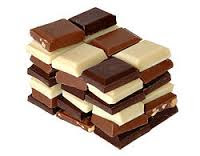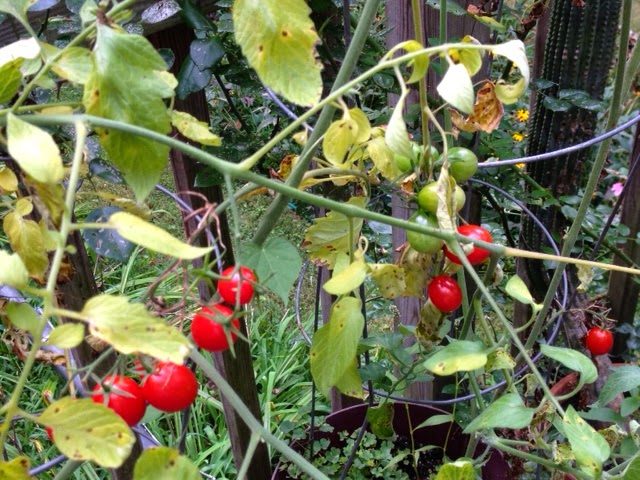Life Without Chocolate
Today is Ash Wednesday, the first day of Lent, a day I’m embarrassed to say I often dread because for me it’s usually the first of 40 days without chocolate. There have even been years when it’s been the first of 40 days without sweets — a practice so difficult and fraught with deliberation (is granola a sweet? how about Irish soda bread?) as to render most spiritual gains irrelevant.
The trick, of course, is to deprive one’s self for a higher purpose —and not so radically that the deprivation becomes an end in itself.
I think this is possible. I really do. But there are always moments — usually at the end of a long day when a handful of peanut M&Ms would taste mighty nice — when it begins to seem more stultifying than edifying.
Still, like anything else, it gets easier with practice. Usually by Easter I feel like I could live the rest of my life without chocolate.
Of course, I never do.
Photo: Wikipedia


